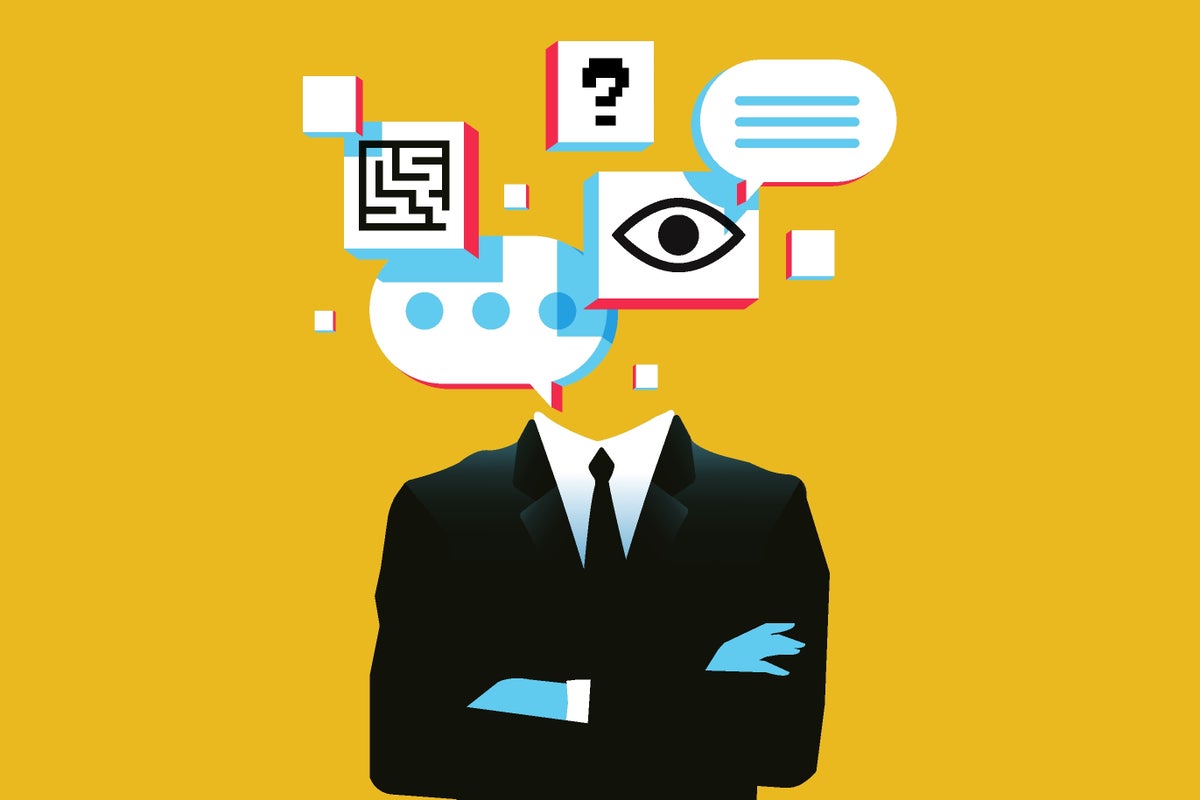AI Doesn’t Threaten Humanity. Its Owners Do

🌈 Abstract
The article discusses the privacy issues surrounding Google Chrome's "Incognito" mode and the broader problem of data harvesting and exploitation by tech companies, corporations, and other entities. It argues that the current business model of the digital world relies on monitoring and manipulating user behavior for profit, and that this poses a threat to individual privacy and democracy. The article also suggests that AI could be used more ethically to benefit everyone, rather than being employed to exploit people's vulnerabilities.
🙋 Q&A
[01] The Incognito Mode Controversy
1. What was revealed about Google Chrome's "Incognito" mode?
- Google Chrome's "Incognito" mode, which is supposed to provide private browsing, was actually still collecting user data that Google has now agreed to destroy.
- "Incognito" mode does not actually stop websites or internet service providers from tracking user activities.
2. What is the broader issue with data harvesting and exploitation?
- All of our habits and behaviors are monitored and reduced to "data" for machine learning AI, which is then used to manipulate us for the benefit of others.
- This data harvesting and exploitation is the business model of the digital and smart-device-enabled world.
3. How could AI be used more ethically?
- AI could be used for everyone's benefit, rather than being used to invade privacy and erode democracy.
- The key is to consider who owns AI and how its owners wield it.
[02] The Pervasiveness of Surveillance and Manipulation
1. What are some examples of explicit spying and data collection?
- Insurance companies monitor clients' sleep apnea machines to deny coverage.
- Children's toys spy on playtime and collect data about kids.
- Period tracker apps share women's personal information with third parties, including state authorities in abortion-restricted states.
- Home security cameras surveil customers and are susceptible to hackers.
- Medical apps share personal information with lawyers.
- Data brokers sell bundled user profiles to anyone willing to pay.
2. How is the collected data used in a more sinister way?
- The data is not only sold to advertisers, but also deployed for AI training to improve machine learning.
- This allows private interests to predict and prescribe, to know us better than we know ourselves, and to impact us without our awareness, consent, or best interest in mind.
3. What are the consequences of using AI in this manner?
- It exploits our vulnerabilities to guide how we think, act, and feel, rather than helping humanity address its shortcomings.
- It leads to the proliferation of harmful content like bullying, conspiracies, hate speech, and disinformation on platforms like Facebook.
- It constrains our ideas and outcomes by offering a flattering and hyperindividualized world that amplifies and confirms our biases.
[03] The Need for Ethical AI Governance
1. What is the current business model of tech companies and its impact?
- The current business model enriches the few while making life more difficult for the many.
- It has led to a system that rewards the few at the expense of the many, and has made people more anxious, precarious, self-centered, and less free.
2. What should guide the development and use of AI?
- Human principles and the consideration of the good of all, rather than allowing technology to guide our humanity.
- There is no such thing as artificial ethics, and human ethics must guide our technology, not the other way around.
3. What is the key question to ask about AI?
- Who owns AI and how it might be employed in everyone's best interest, rather than just the interests of a few.